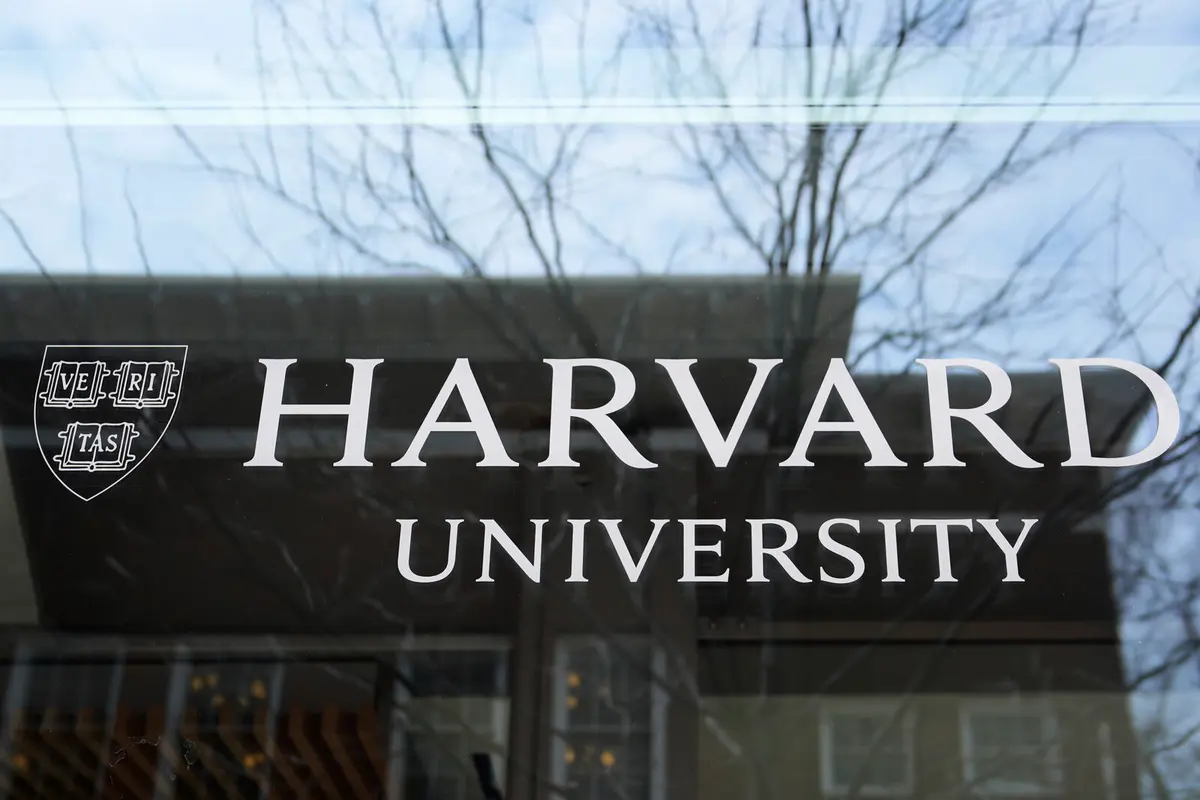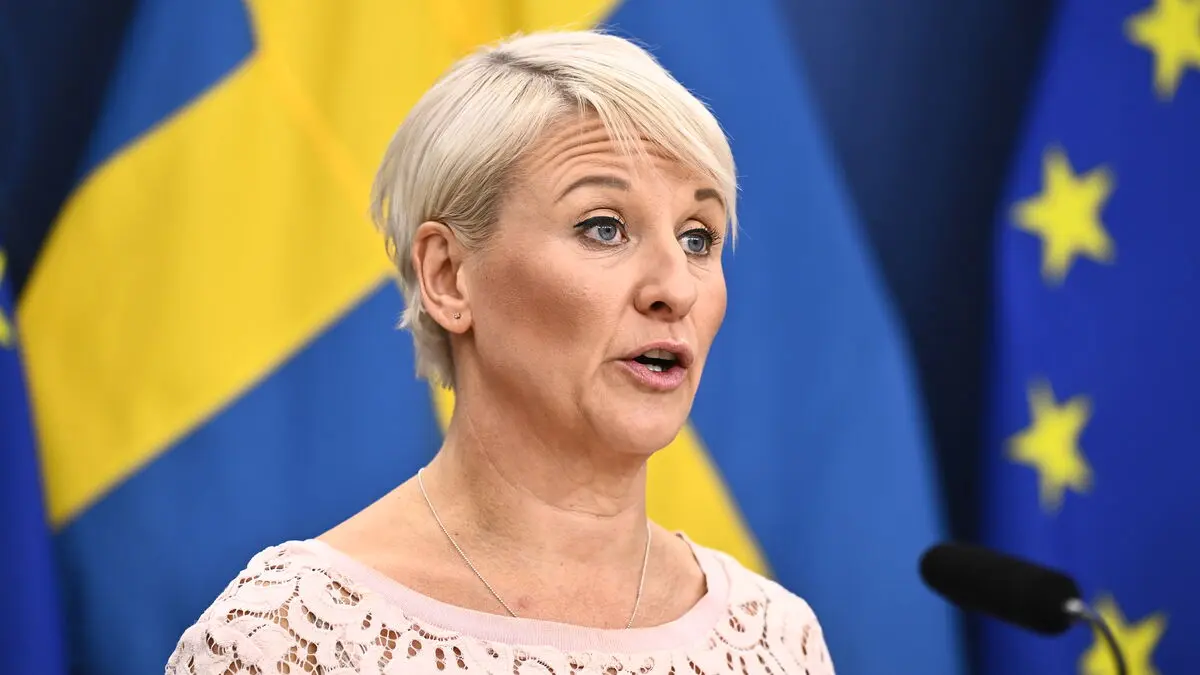The Trump administration announced on Monday that it is freezing $2.2 billion (almost 22 billion Swedish kronor) in government grants to Harvard University. This is after Harvard's rector refused to comply with a number of demands made by the government. The demands include identifying foreign students who, according to the authorities' definition, are hostile to American values.
The fact that a government wants to influence how academic institutions work and are governed has sparked strong reactions both in the US and around the world.
It is extremely worrying and reminiscent of 1930s Germany, says Hans-Olov Adami, professor emeritus at Harvard and the Karolinska Institute and a member of the Royal Academy of Sciences.
Shows brutality
He has lived many years in the US and was an adjunct professor at Harvard for 25 years. He describes the university as unique and a "jewel" in the global academic system.
Every infringement on academic freedom is destructive and this is about a place where they have managed to create perhaps the world's best research environments. It shows the brutality and incompetence of the Trump regime and their desire to reshape society, he says.
Harvard has also received threats from Donald Trump about being stripped of its tax-exempt status. Exactly which funds will be stopped and when is unclear. Much suggests that it is the grants via the country's health and social services department HHS that will be stopped.
According to Jeffrey Flier, professor at Harvard and former head of Harvard Medical School, this will affect both basic education in the healthcare sector, research, and clinical care.
Trump says he wants to address anti-Semitism on campus, but then there are many other ways to go about it. It's also something we're working on internally. In my eyes, it's a pretext for attacking universities he doesn't like, he says to TT.
Can inspire others
The fact that Harvard's rector has publicly declared that he will not comply with the demands raises hopes that more educational institutions will follow suit.
Thomas Perlmann, secretary of the Nobel Committee for Physiology or Medicine, also views the development in the US with concern. Restricting academic freedom there will have consequences far beyond the country's borders.
Many of our researchers spend time in the US and can then build up their own research here. If researchers from other countries now hesitate to go there, which I see as likely, it will have global implications, he says.
President Donald Trump's administration announced on April 14 that they are freezing $2.2 billion in government grants to Harvard.
The stoppage of support was announced a few hours after Harvard's rector rejected a list of comprehensive demands that, according to Trump's administration, are intended to combat anti-Semitism on campus.
The demands include changes in governance, hiring routines, and admission processes, dismantling diversity work, and collaborating with immigration authorities to scrutinize foreign students.
Harvard's rector Alan Garber has written in a letter to students and teachers that the private school will not "negotiate its independence and constitutional rights". He emphasizes that Harvard has already taken extensive measures to address anti-Semitism.






